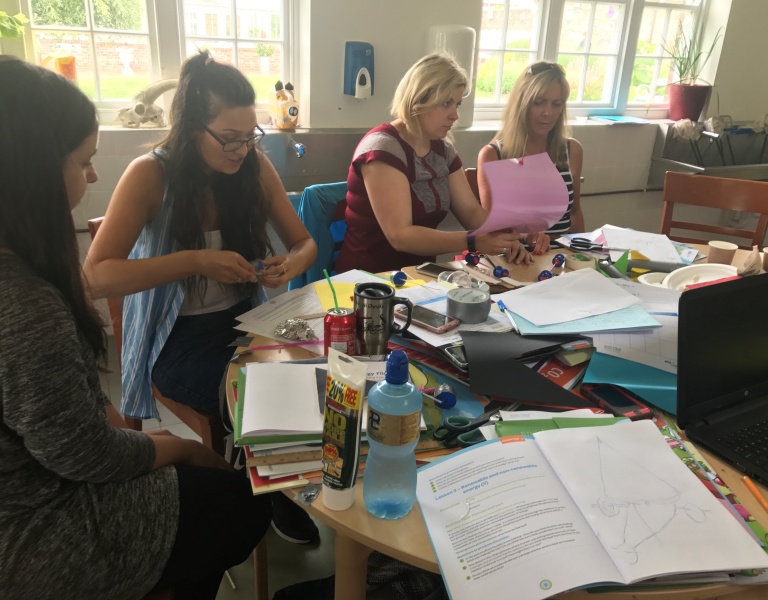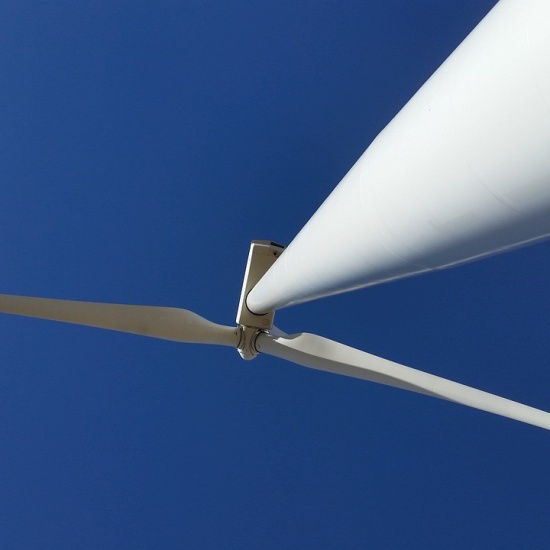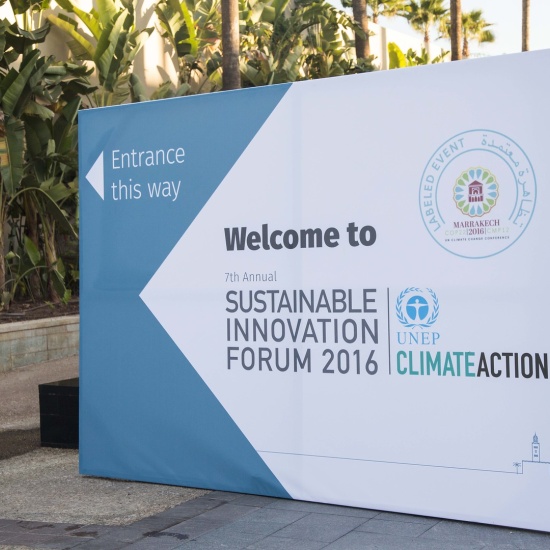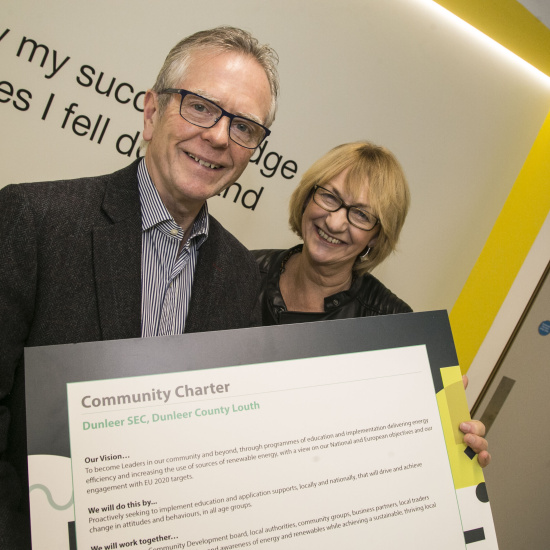SEAI Schools Workshop Review
Science teacher, Colette Smith, from Largy College, Clones, Co. Monaghan shares her experience of attending SEAI's new Teacher CPD workshop, 'Our Energy Matters: at home and at School'.

Designed in partnership with the Junior Cycle for Teachers (JCT) as part of their STE(A)M initiative, SEAI's Teacher workshop will give you the tools you need to teach energy and sustainability for a range of subject specifications (Science, Home Economics, Geography, Maths, CSPE).
Our guest blogger, Colette Smith, talks about what she learned from the one-hour workshop.
With enthusiasm I looked up the pre-workshop task: "SEAI have suggested that prior to this event you might be making a cuppa......" This sounded like my kind of workshop already.
Little did I know that I would use the information from this task (making my cup of tea) to determine how much its costs for me to boil the kettle for a full year. This was a very straightforward and worthwhile exercise; it generated a good debate and I thought to myself this exercise would work very well with my own students.
Energy use at home
The next discussion was based on a very simple video which could also be used in class, 'SEAI - The Ryan Twins Video'. It followed Michael and Christine around their home and calculated how much energy they used based on using various electrical appliances.
It was accompanied by a student friendly worksheet and information on how to carry out the basic calculations.
A sample calculation is provided on the worksheet and a reminder on how to convert the hours to minutes, which is a mistake that is often made by students. This would be an excellent lesson aid to encourage students to make conscious decisions on their energy usage at home.
Learning light levels
The use of a light app was a good progression from energy use in the home to energy use at school. The 'light app' encourages teachers and students to limit the use of lights in the classroom especially in areas of natural light. Using lux, the unit of illuminance, it gives information on the recommended levels of light for each classroom. 300 lux above student desks, 400 lux for PE halls and 120 lux for corridors and toilets.
Students would be able to use the app and compare actual light levels to recommended light levels for each classroom in the school.
The app would also help to generate great discussions on how to reduce energy use in school. The students could use the wattage of the bulbs to estimate the amount of electricity used in their classroom for a year.
"The Climate Action Plan puts in place a decarbonisation pathway to 2030 which would be consistent with the adoption of a net zero target in Ireland by 2050. The Plan also commits to evaluating in detail the changes which would be necessary in Ireland to achieve this target".
National effort
The next stage moved us from energy used at home and in school to what needs to be done at a national level. Some of the different targets from the Climate Action Plan that Ireland has to meet were outlined:
- 70% of electricity needs to be generated from renewable sources
- 30% reduction in emissions from the public (schools are included in this target)
- 50% improved energy efficiency from public sector buildings - all by 2030. (schools also included in this target)
Connecting electricity and CO₂ emissions
The workshop provided a very good illustration to show the link between electricity and CO₂ emissions.
It showed that a 100W incandescent bulb turned on for six hours a day for a year was equivalent to the CO₂ emissions produced by travelling 631km in an average petrol car from Mizen Head to Malin Head.
It also showed the difference when using a 25W CFL and 12W LED bulb instead.
"In order to respond to the emerging challenges of our future, we need to empower our young people to think, choose and innovate in ways that will enhance and sustain our lives, communities and world, now and into the unknown tomorrow."
Conversation starter
The resources provided in this workshop are a good starting point to encourage energy saving behaviours at school. Teachers could use them to promote participation in Green Schools, Science Week projects and Climate Action Week.
The resources cover a wide range of learning outcomes in the Junior Cycle course and encourage students to act on climate change and sustainability.
This workshop encourages critical thinking skills and instils a belief in the participant that they can change their daily lives to reduce energy use at home and at school.
The resources from this workshop will educate students to play a key role in ensuring a low carbon future, and education is an essential factor in the global fight against climate change.
Learn more about our workshops Book a workshop


